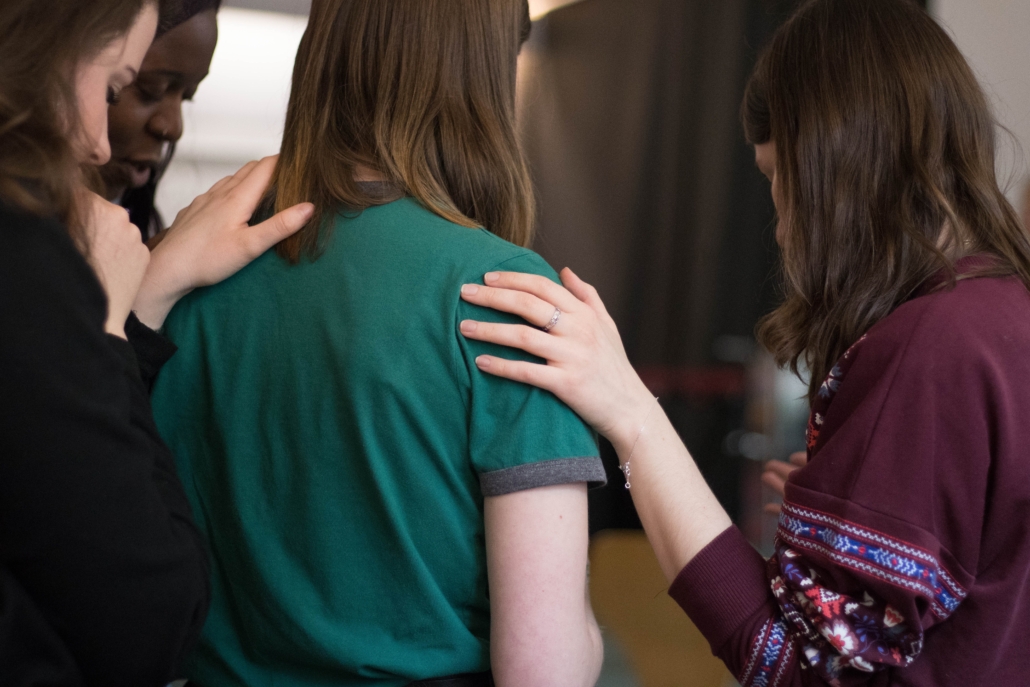Study Explores Americans’ Willingness to Facilitate Abortions

Earlier this year, researchers at NYU published the results of a survey about Americans’ attitudes toward abortion, and took a unique approach. Gallup, Pew, and other large pollsters routinely about opposition to abortion under particular circumstances (rape, third trimester, etc.). Those surveys can certainly be helpful to understanding year-to-year trends. But I have never seen them ask what the NYU researchers asked:
If a close family member or friend decided to have an abortion, which of the following kinds of help, if any, would you give if you were able…
Help with arrangements, like a ride or childcare?
Help paying for the abortion?
Help paying for costs other than the abortion, like for a ride or hotel if she needs to stay overnight?
Help by providing emotional support?
The researchers were out to study “discordant benevolence,” which occurs when a desire to help someone (benevolence) runs counter to another deeply held value; “for example, being asked to help a friend cheat on an exam is likely to produce conflict between the values of benevolence and integrity.”
Emotional support was the least controversial item. Strong majorities of both pro-choice and pro-life respondents were prepared to offer emotional support. I’m not surprised. After all, pro-life organizations have backed post-abortion healing groups for decades. If “emotional support” encompasses, say, a referral to Abortion Changes You, I would answer that question in the affirmative.
Paying for the abortion was the most “discordant” scenario, with three-quarters of respondents answering in the negative. The authors posit that this “may reflect the social meaning of money, whereby spending money is a way to enact one’s values.” That is consistent with the many surveys showing that most Americans support the Hyde Amendment and reject taxpayer funding of abortion. It also vividly demonstrates the challenge facing abortion funds. After all, if only a quarter of Americans would give money to even a close friend or family member to abort a baby, why should there be a strong base of donors to abort the children of complete strangers?
Requests for childcare and ancillary costs led to more ambivalent results. The researchers quote from qualitative interviews on the subject, which are worth a read.
Although the study is interesting, and I hope more like it come down the pike so that we can see how responses change over time, there are a few limitations to consider. The sample size is fairly small, with 217 total participants and only 74 giving in-depth interviews. Despite the comparison of having an abortion to cheating on exam, the authors’ linguistic choices indicate a pro-abortion bias (e.g. “stigma”). And finally, the survey occurred in 2019, before any states had passed laws against aiding or abetting an abortion.



Leave a Reply
Want to join the discussion?Feel free to contribute!